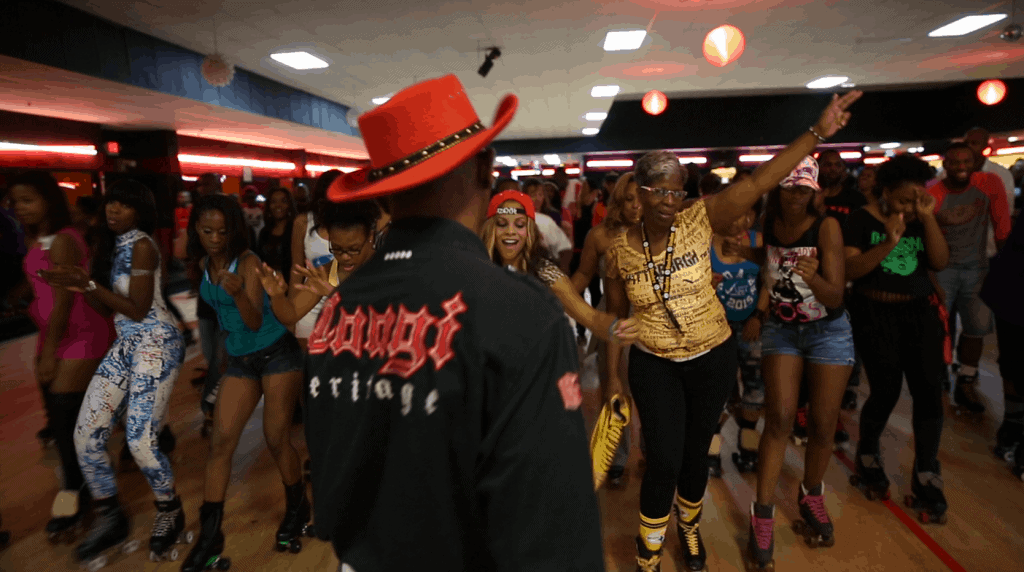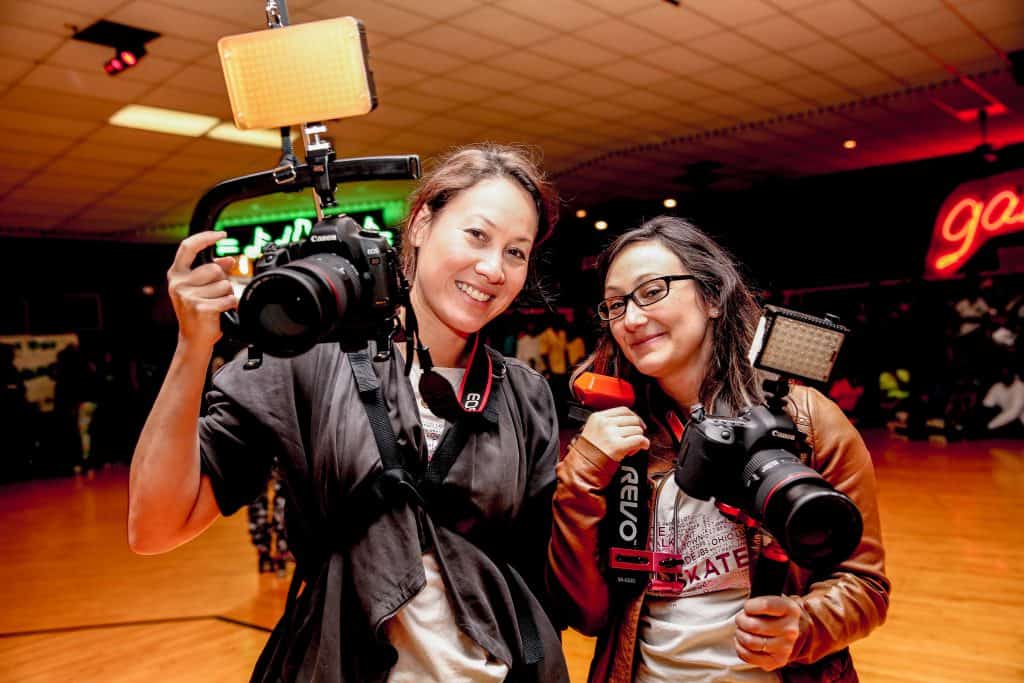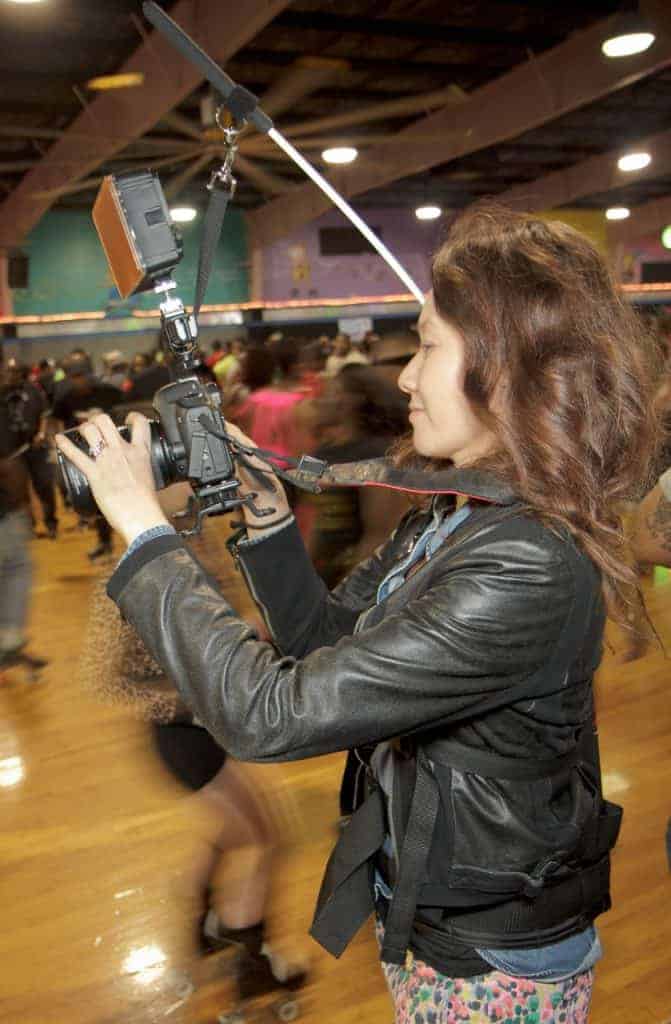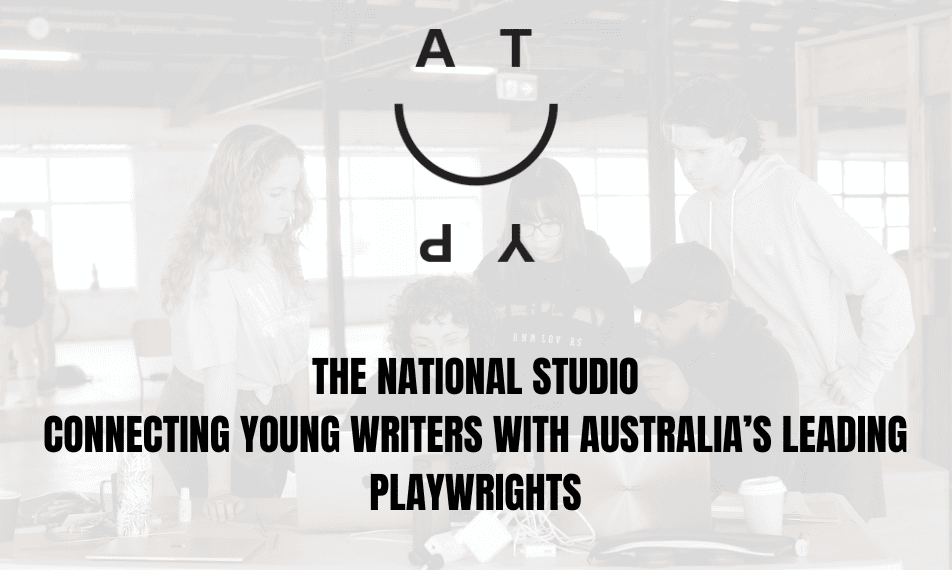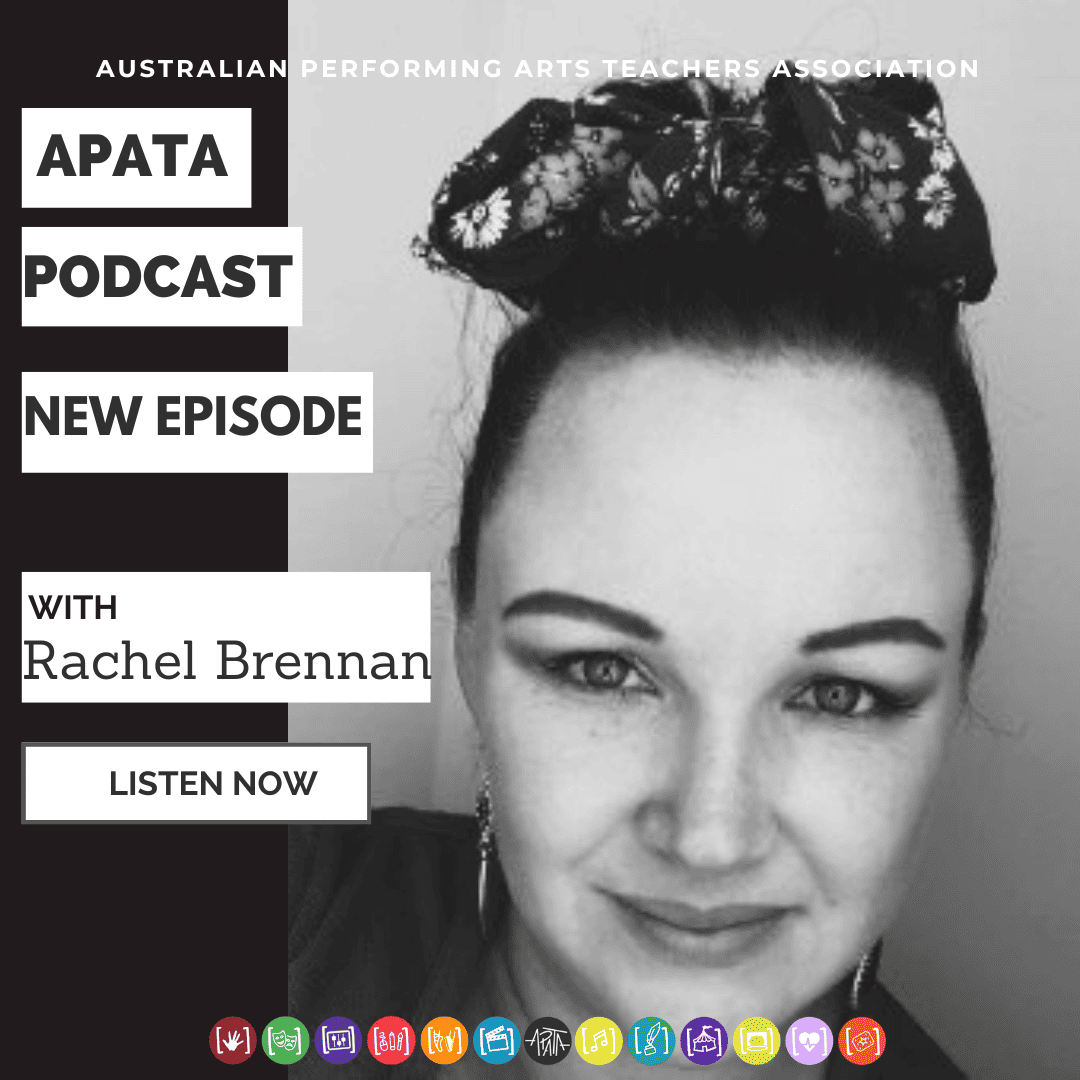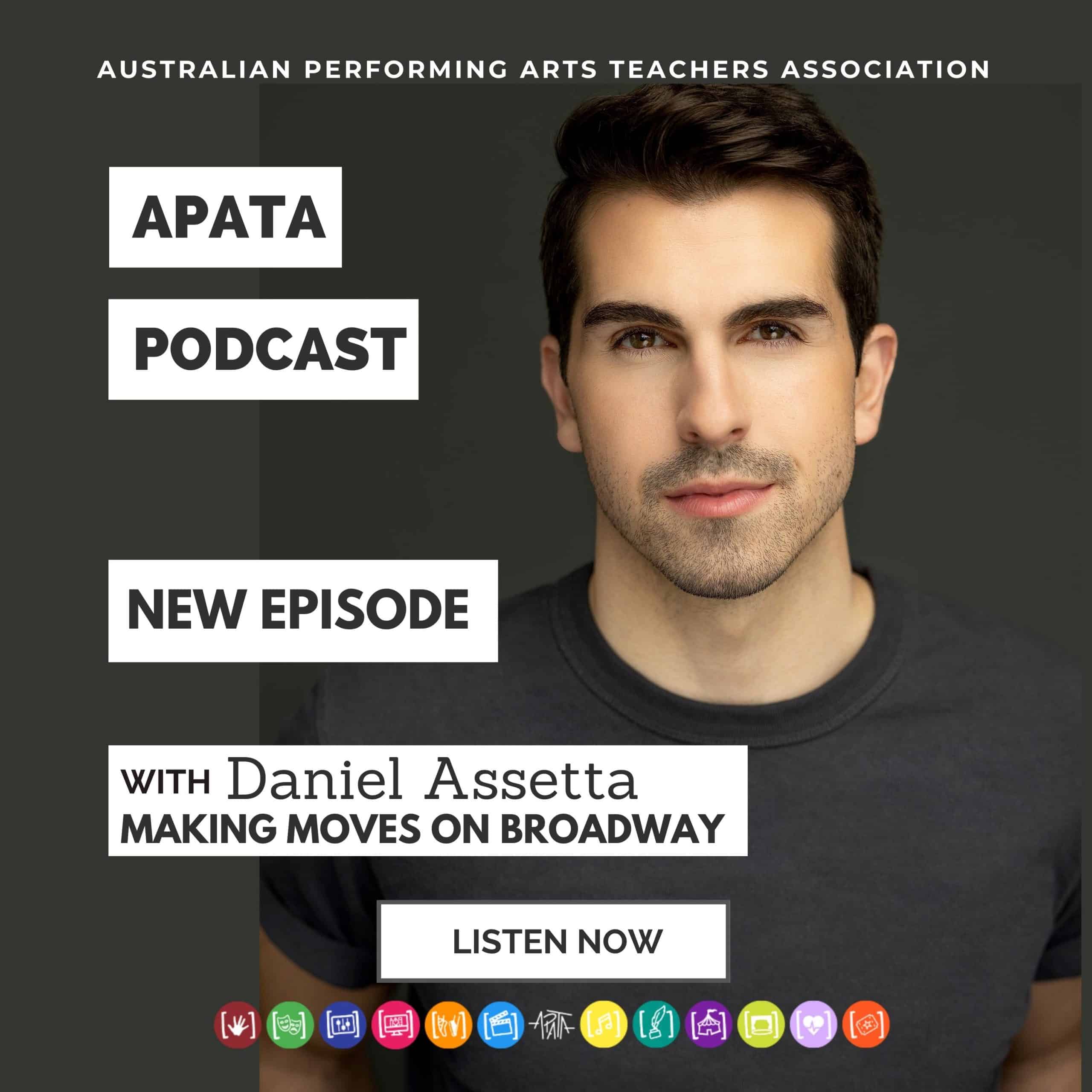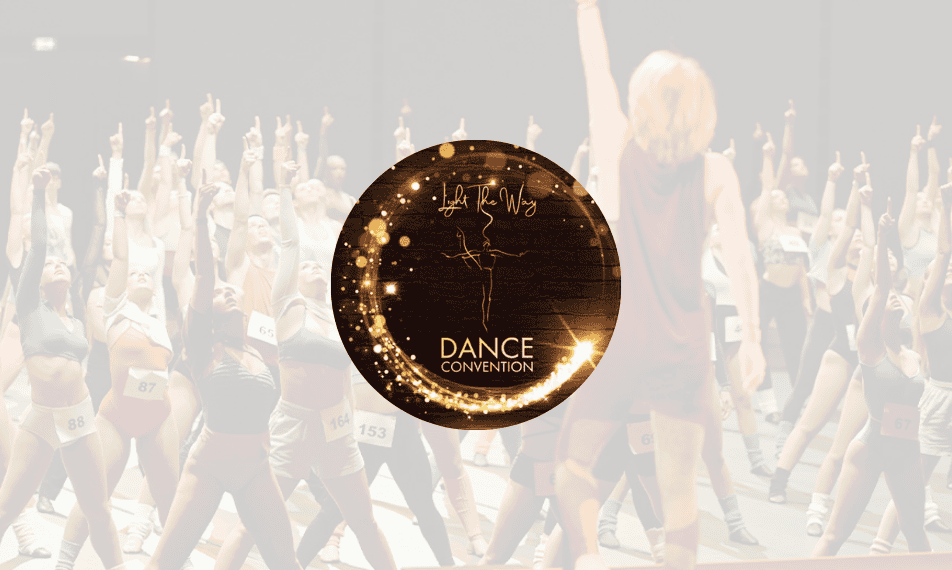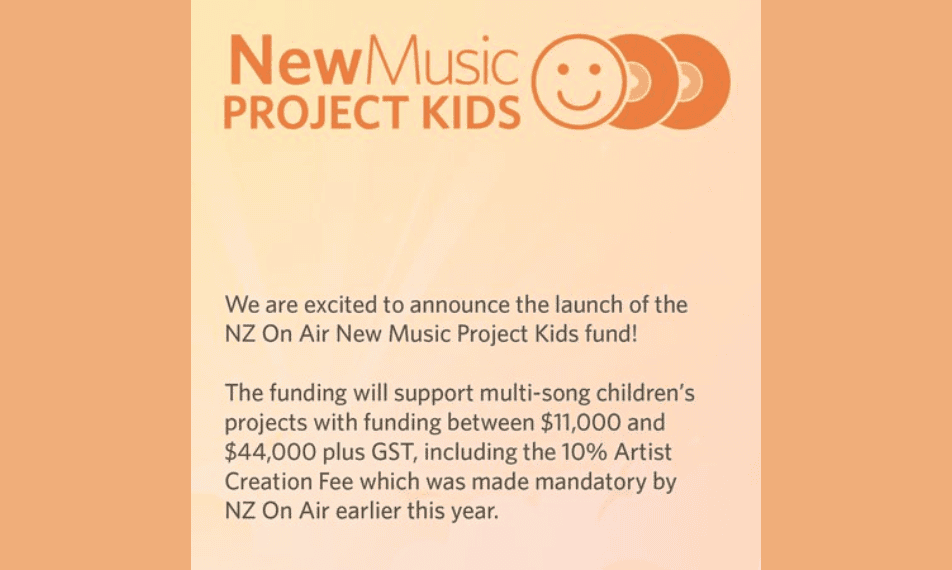
Interview with Tina Brown – United Skates Filmmaker
Posted by Jennifer (Jenn) Hampstead | Mar 24, 2020
Tina brown received an invitation from the Consul-General of Australia to attend a dinner at his residence in New York. The dinner was to honour cultural pioneers. What Tina didn’t realise she was in fact, one of those pioneers. It comes as no surprise to those who know Tina’s work. Moving to the United States with husband Cinematographer Matt Peterson in 2007 the couple forged their own path in a creative field that is known to break many. Her documentary film ‘United Skates’, co-directed and produced with Dyana Winkler, was released last year to critic and audience acclaim. Robert De Niro listing the film in his top picks for the 2018 Tribeca Film Festival. ‘Unites Skates’ sheds light on an American sub-culture rooted in hip hop, family and roller skating while battling re-zoning, rink closures and racial discrimination.
Tina is riding the wave of projects and promotion stemming from the film’s debut and subsequent release on HBO. The Queensland born filmmaker and mother seems to take it all in her stride. With an upcoming role at NYC’s Australian Consulate as a mentor for a Women in Screen Workshop run by the Australian International Screen Forum, we caught up with Tina to discuss all things filmmaking, funding and finding your way!
I grew up in Brisbane and lived there for 30 years before moving to New York city. The move was traumatic, but sometimes you need to make that leap of faith to get to the next level. It’s been 12 years now and I’m an official New Yorker.
As a Vietnamese Australian woman from sunny Queensland how did you come to make a film about the African American roller-skating scene?
I know right? I’m not a roller-skater and not African American. This is our first feature film and there were a lot of hurdles to overcome.
I live right near Central Park. We started off filming the Central Park skaters, a group of older skaters who skate outdoors during the warmer months. We thought they were the end of an era and that once they stopped skating that would be it.
They in turn introduced us to some younger, African American skaters who basically told us where the ‘legit’ skating at. So, we hopped on a bus overnight to Richmond, Virginia. We walked into this rink with them at midnight and that was our first glimpse of this world which was kind of incredible! It’s such a vibrant community with tens of thousands of skaters across the country. We were shocked that no one had done anything previously, and very honoured that they allowed us to tell their story with the skating community by our side the whole way.
In order to sustain a feature film, it couldn’t just be about the brilliant skate moves, which are obviously mesmerising. There had to be more. We discovered that a lot of skaters we met travelled interstate to skate. Most skaters could only skate at their local rinks on designated black or urban nights. We realised the rinks were still segregated. For Dyana and I, our interest peaked and we said, hang on, there is something a lot deeper here to tell. With what’s happening in America’s current climate we wanted to take that celebratory sub-culture and use that as a lens to look at racial issues in this country. Through the highs and lows we have made some amazing friends and had a lot of fun along the way.

You show us how a lot of hip hop artists played their first big gigs at roller rinks like Salt n Pepa, Naughty by Nature, NWA, Queen Latifah. With music so ingrained with the skating scene you had John Legend come on board as executive producer with his production company. What exactly is an executive producer and how do they help independent filmmakers like yourself and Dyana?
For us the executive producer’s role comes in many different forms. Some EP’s are financial. They give you the money to help finish the film. Other EP’s advise you or maybe they help bring the film to a wider audience. John Legend was able to do that for us. His name is so identifiable, not only as an incredible artist, but as a personality who works to support social issues. Music is such a strong component of the (skating) community and our film. We really wanted a prominent African American musician to be attached and he was the right fit. He helped us cut through a lot of the noise and elevate ‘United Skates’. Being independent filmmakers with a first-time feature having John Legend drew a lot of press attention to the film and the subject matter.
There’s 2min worth of credits and even then, we had to cut some out. They say it takes a village to raise a child, well it takes a bigger village to make a film. Especially when you don’t have the funds to do so. We pulled in a lot of favours along the way. It took 5 years and a lot of support. Everything from interns helping to build websites & communicate with skaters to the skate community who were very supportive, literally! Pushing us around the floor while we filmed or even shooting for us on skates. We had composers, graphic artists and an amazing editor. We also hired an orchestra in Macedonia because we couldn’t afford one here in America and our composer Jongnic Bontemps directed them via Skype with a 6 second delay.
There are all these little elements you need to bring together. Our list was endless. I think that’s why it takes so long, especially when you don’t have the money. You just beg, borrow, plead and hopefully pay people back at the end of it. But it can be done! You can do it! You’ve got to start somewhere and give it a go. I think it’s important to know that sometimes you can bite off a bit more than you can chew. That’s what we felt like a lot of the time because there were so many layers to our story. It might take a little longer and it might mean a lot of sleepless nights, but you can get there in the end.
I can only speak from my experience in the States. We’re very fortunate to have a lot of funding bodies, which are also open to international filmmakers so Australian’s can also apply. We received funding from Sundance who have great development grants, productions grants, post-production grants and audience engagement grants so you can apply at different stages of the process. Most of our funding came from grants. New York State Council for the Arts, California Humanities, Women in Film, Threshold Foundation and Chicken and Egg Pictures who support female filmmakers.
You have to back yourself too. Very early on in our journey, we ran a Kickstarter campaign and raised US$58,000 gross. This helped fund a year of research and development which was essentially to travel to cities across the country interviewing skaters (footage that is used in the film!). We pieced together this subculture while we were trying to find our main subjects. This same crowd funding also paid for lenses, shoulder mounts, wireless lavs and zoom recorders which we still use to this day. Don’t wait for grants or investors to see the potential of your project. Have faith and find ways to raise money so you can start it yourself.
The biggest struggle for us, being first time feature filmmakers and women, was getting funding. A man can walk into a room, pitch an idea and they’ll get money. For women, we get funding once we’ve basically shot the film and can show a rough cut. The tide is turning however and there is a lot more support now that this has been identified as an issue.
What networks were available for you as a female filmmaker?
Chicken and Egg are a great funding and support organisation. Film Fatales is another group I’m a part of. They started with a round table of girlfriends who were filmmakers that evolved into a monthly get together and just expanded from there. We now have chapters around the world, including Sydney. I believe you need to have at least one film under your belt to join now but they’ve been a great resource in terms of work shopping ideas at the monthly meetings and tapping into that brains trust.

‘Unites Skates’ has won multiple accolades from around the world, to see it now on HBO, does that mean you’ve made it? Have you reached your goal with the film?
I think you just move the goal posts, right? It’s funny, we spent so long trying to get to here. At Tribeca when we had the world premiere it felt like that was a huge moment. But there have been so many other moments since then where we’ve felt like we’ve reached yet another goal. Sometimes it feels like we’ve made it and at the same time not. I think you just keep pushing forward and keep moving the goal posts. I’m so proud of what ‘United Skates’ has achieved.
There are so many deserving films and filmmakers, friends of mine, who have worked ten years on a project that hasn’t resonated as much as ours. It’s so disheartening. To see the work that they’ve put into it and knowing the films are amazing and should be heard but the timing just isn’t right. We’re grateful to have had the audience and recognition that we’ve had, but we are very aware that we are one of the lucky few.
I’ve had so many mentors and people I’ve come in to contact with who have inspired me, it is not just one person. When I was in the last 6 months of my degree at the University of Queensland I did work experience for a film distribution company. I ended up going there every time I wasn’t at class and by the end of it I was handling all the critic screenings doing my own promotion for films and then they offered me a job.
From then on, I was very fortunate to have a string of strong female bosses. Their generosity with their time and ability to understand me as an individual while uplifting me built a strong foundation. I always want to pay that forward. I love meeting new and up and coming interns and people in the industry who need that little bit of a lift, especially women and giving them that opportunity and paying it back.
I have to give special mention to Ava DuVernay. She’s a phenomenal African American, female Director, however I’m inspired by her because she started off as a film publicist like me. She has said her PR skills helped her make movies…and I like to think the same. Don’t think that you have to start out as a filmmaker straight away. If an opportunity presents itself get your foot in the door and get to know the industry. Don’t think you have to know what you want to do in high school or uni. There are many paths you can take. I’ve worked as a Film Publicist, in Retail Marketing and been a Magazine Editor. When entering Film & TV production, I started at the very bottom as a Production Assistant and worked my way up. Being passionate about what you do is imperative to your success so follow your passion.
1. You just need take that first step and just do it. Don’t be afraid to fail, because you will fail. You’ll do many things wrong and you’ll learn from those mistakes. We’ve lost footage and I’ve not pressed record while filming. Many things can and will go wrong and you will learn from those mistakes. You may do it again but you will learn. You have to be strong enough to take that leap of faith and understand that you will most likely fail at some point but through that you will succeed. I think that’s a big thing. People can be consumed by their fear and not start things or go after things. You can do so much yourself these days. We primarily shot the entire film on Canon 5D Mark ii and Mark iii cameras. Sometimes we handed the cameras to skaters so we could capture highspeed skating. Matt my husband shot from the back of a golf cart on or we got skaters to push us around the rink.
2. With films you have to ask yourself, is this something that I want to resonate with audiences? Do I want this to be a big hit? Do I think this is going to be greater than just an audience of my family and friends? If that’s something you want, make sure the subject matter and how you tell the story resonates widely. If you’re an artist that’s a different choice to make and a different path. My husband and I are commercial artists. We work for a living sustaining our lifestyle through commercial projects. We know work like that is important for our family rather than being starving artists. Which is a noble cause.
3. Ultimately have a good network of family and friends because you’re going to probably rely on them a lot to help you mentally or to at least hold a c-stand or a tripod when you need free labour.
We wanted to shine a light on this community. Saving the rinks was our number one priority. Being able to talk to some of the prominent figures in the hip hop world and to go through the Cornell Hip Hop Collection archive has been amazing. I have to say that though that interviewing Salt ‘n Pepa was kind of a big deal for me. I remember dancing to Push It when I was a kid, so to be able to come full circle and be sitting in front of them asking questions was surreal.



